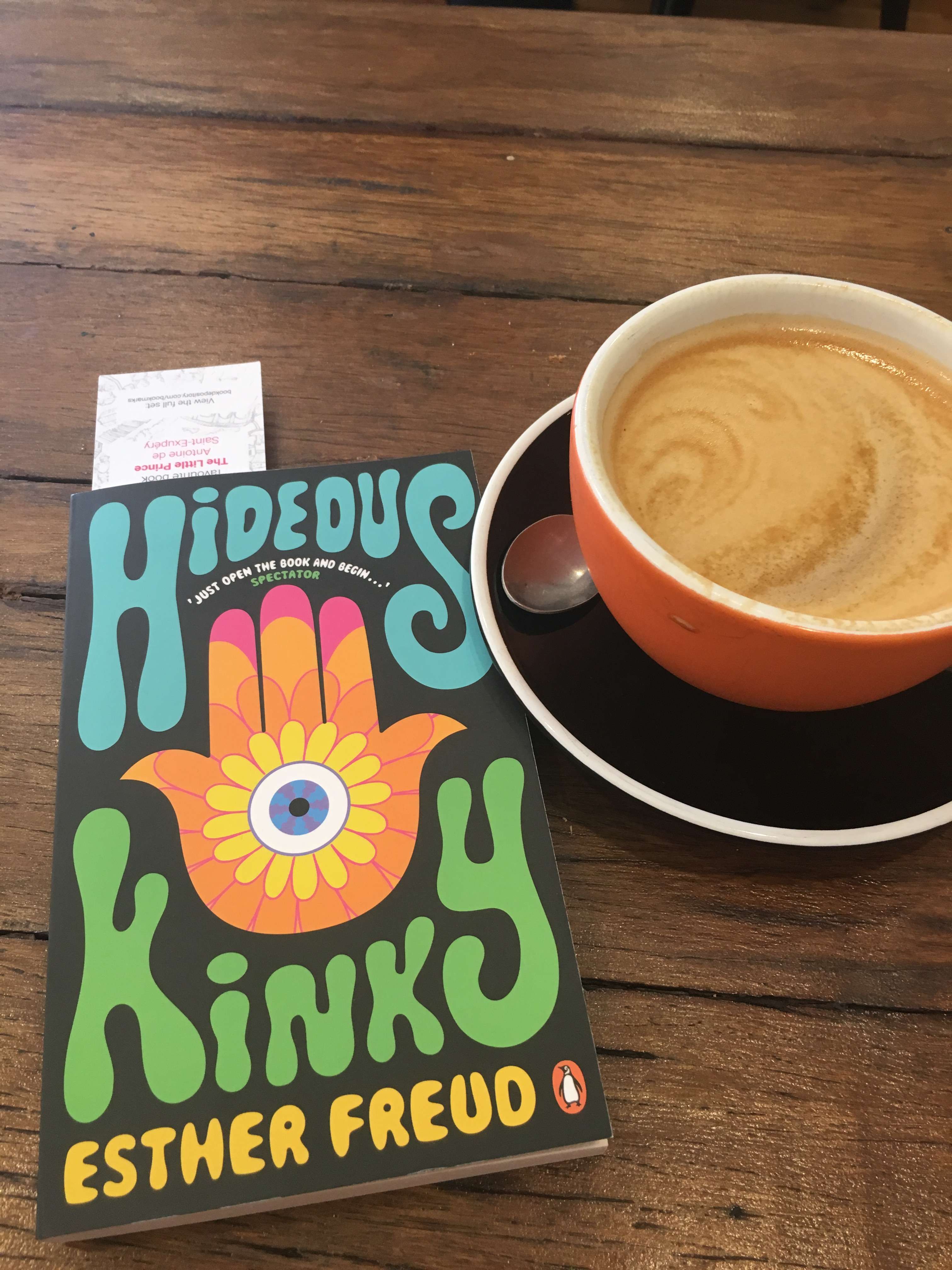"There was Mum, dragging the stove from John's broken-down van."
Many moons ago, I remember watching the film based on this novel and being utterly captivated by the strange story. The book, for me, was a vastly different and delightful experience. The innocence of the child narrator lends the tale a rather unique point of view. The reader, like the younger sister is trying to understand the behaviour of her mother. The title comes from the girls' favourite words. They are the only words they recall hearing their travelling companion, the stricken Maretta say.
The child's perspective means that circumstances are simply accepted and the reader is forced to draw their own conclusions. Is Julia having romantic relationship with John (Maretta's husband), is that what leaves Maretta speechless and sickly? The narrator tells us only that "John was Maretta's husband. He had brought her along at the last minute only because, I heard him tell my mother, she wasn't well."
Similarly the succession of love interests and spiritual guides are introduced factually and often we're forced to jump to our own conclusions, an experience very different from the movie which focused on a woman's journey for meaning and struggle with coming to terms with the requirements of still nurturing her children.
The book leaves us with a sense of the fish out of water sensations that the younger sister is troubled by, her responsiveness to any interest or positivity from other adults and fervent desire for some semblance of normality. We feel her need to escape, away from nappy stealing neighbours, child beating teachers and the fear that her mother will turn into a fully fledged sufi, leaving her behind, uneducated and unprotected in a strange land.
Beautifully written, it is no surprise that this novel is on the 1001 novels to read before you die list ( hurrah another one ticked off) and also the Guardian's definitive 1000 novels everyone should read list.
5 out of 5 journeys are different from every perspective.

No comments:
Post a Comment